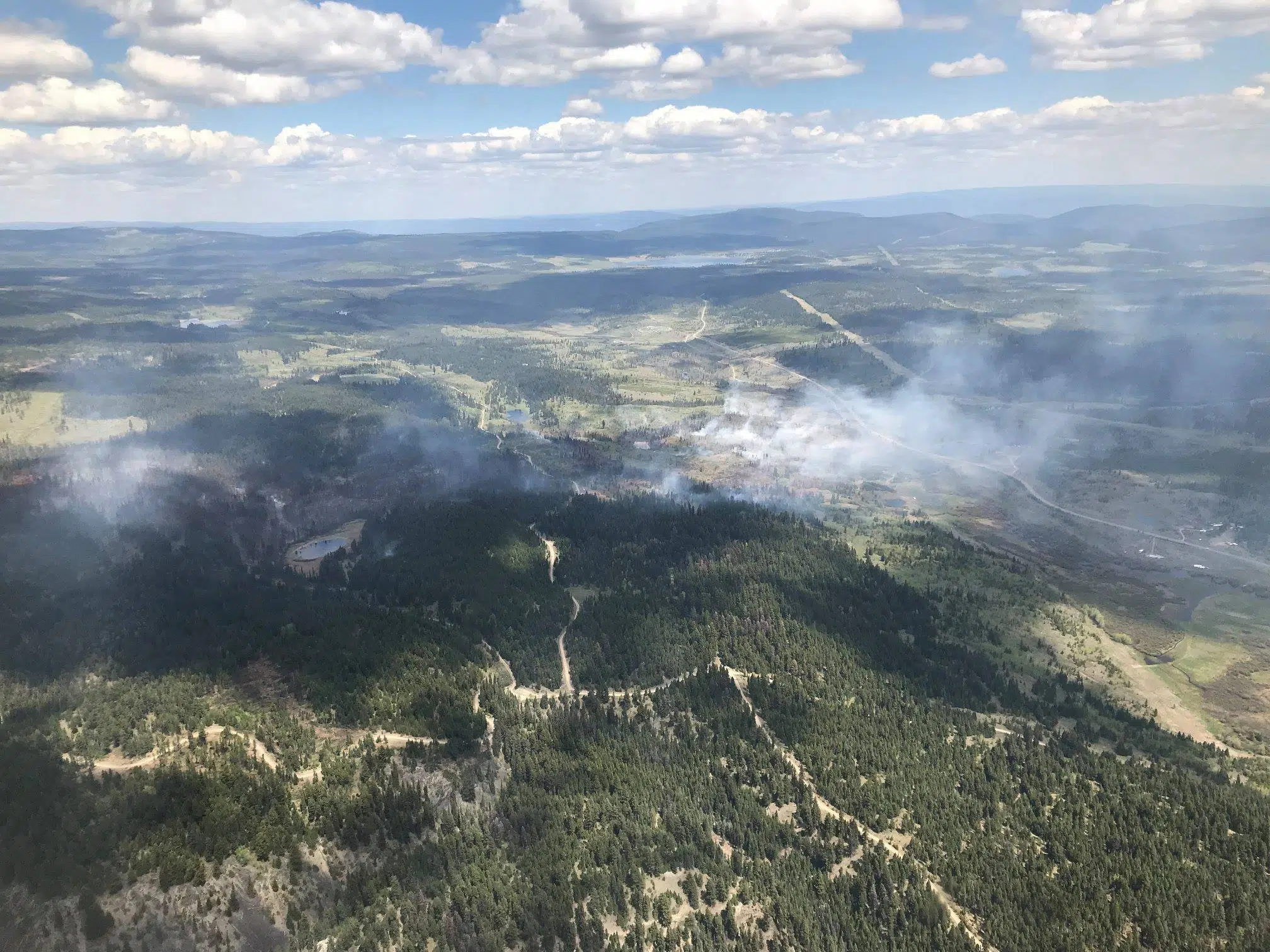
We’ve spent eons trying to harness fire, but we still can’t control it
EVER SINCE humanity learned to harness the power of combustion, we have found it very useful.
Fire gave us heat and light, allowing us to exist comfortably in the night time and in colder climates.
We learned to cook our food with it, and that made our food more tasty and less likely to kill us.
Eventually, fire allowed us to power machines that took human potential to another level.


